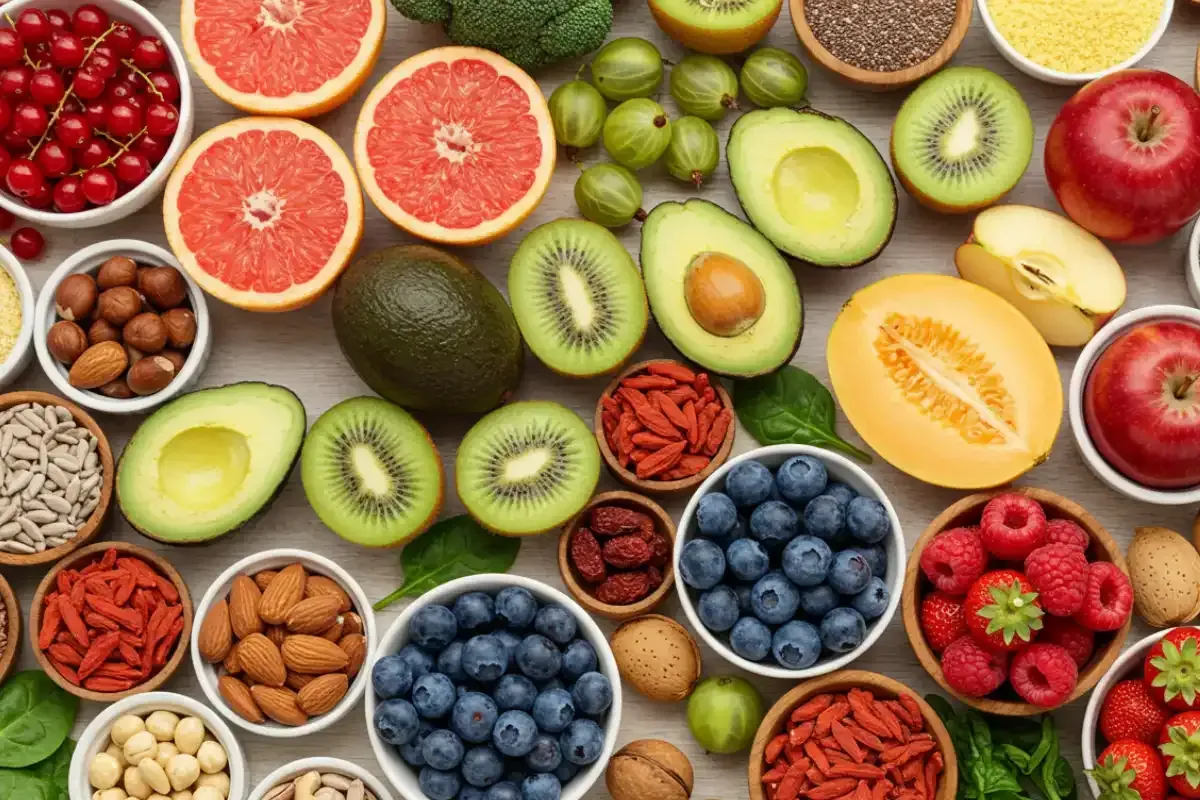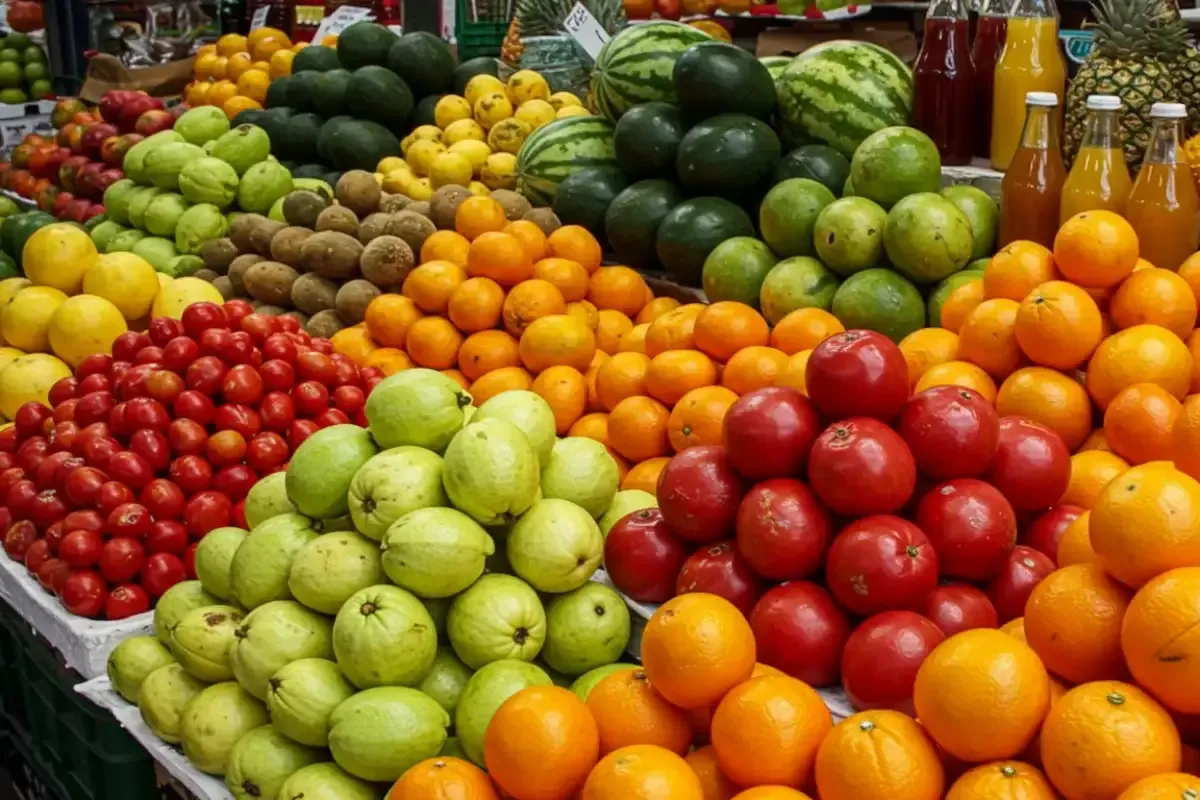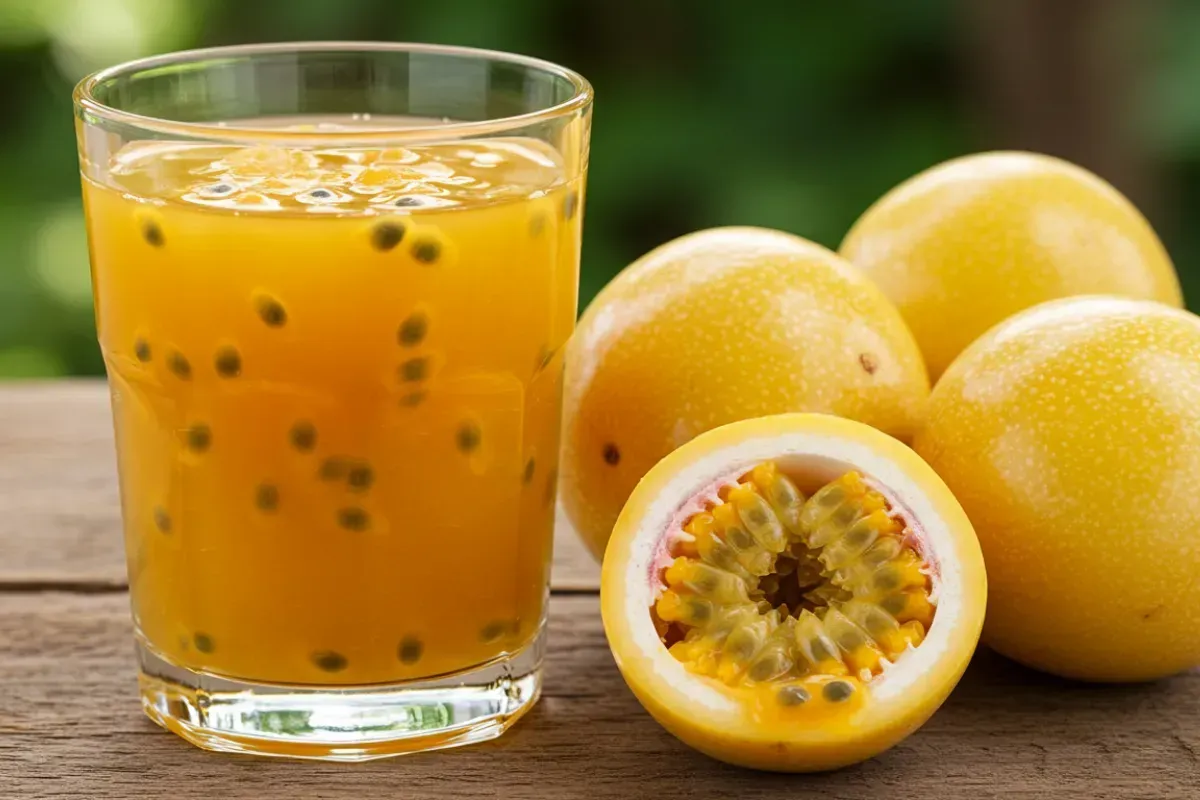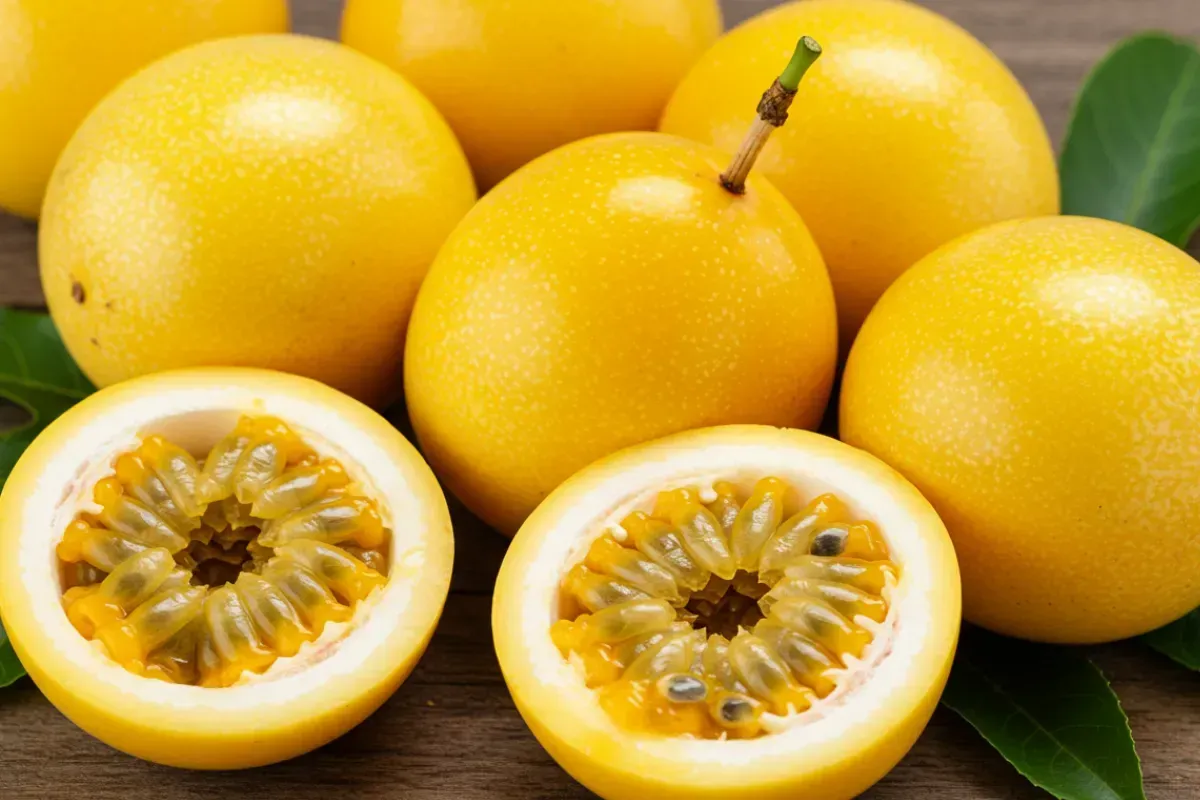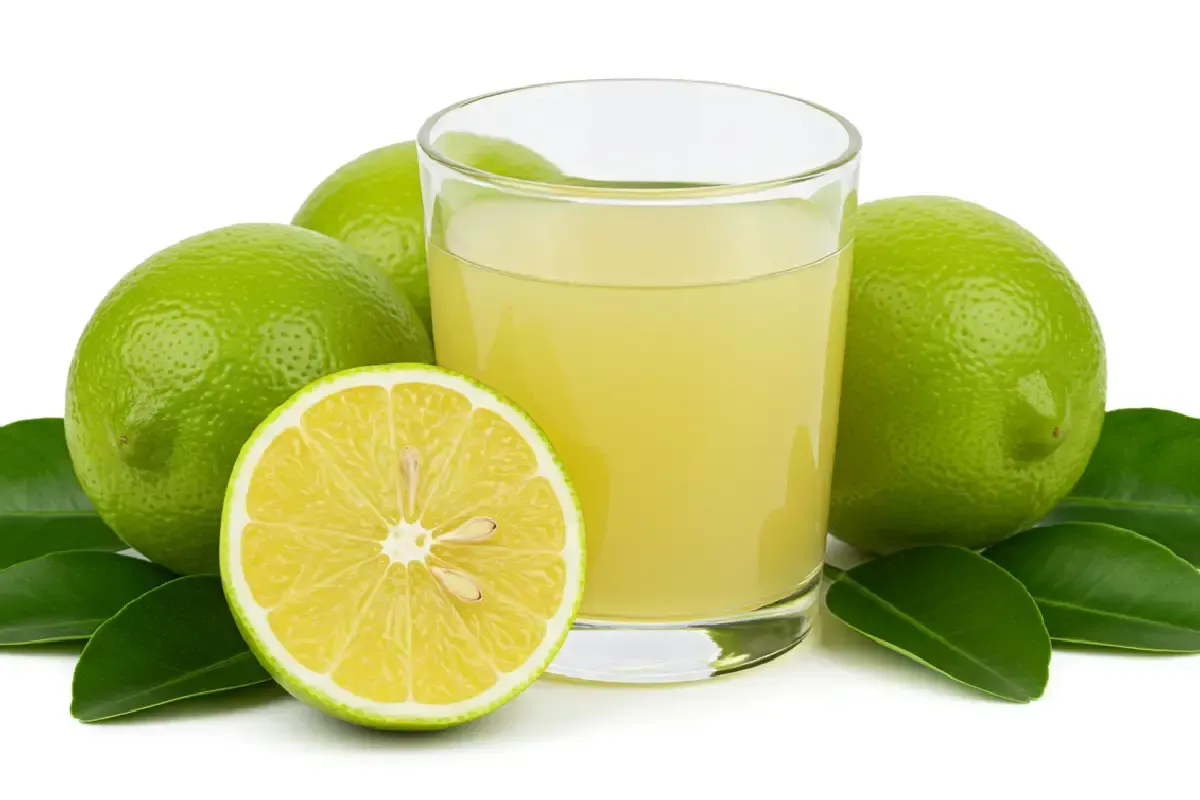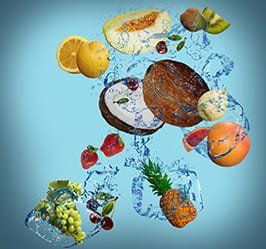Good manufacturing practices: why should you know and apply them?
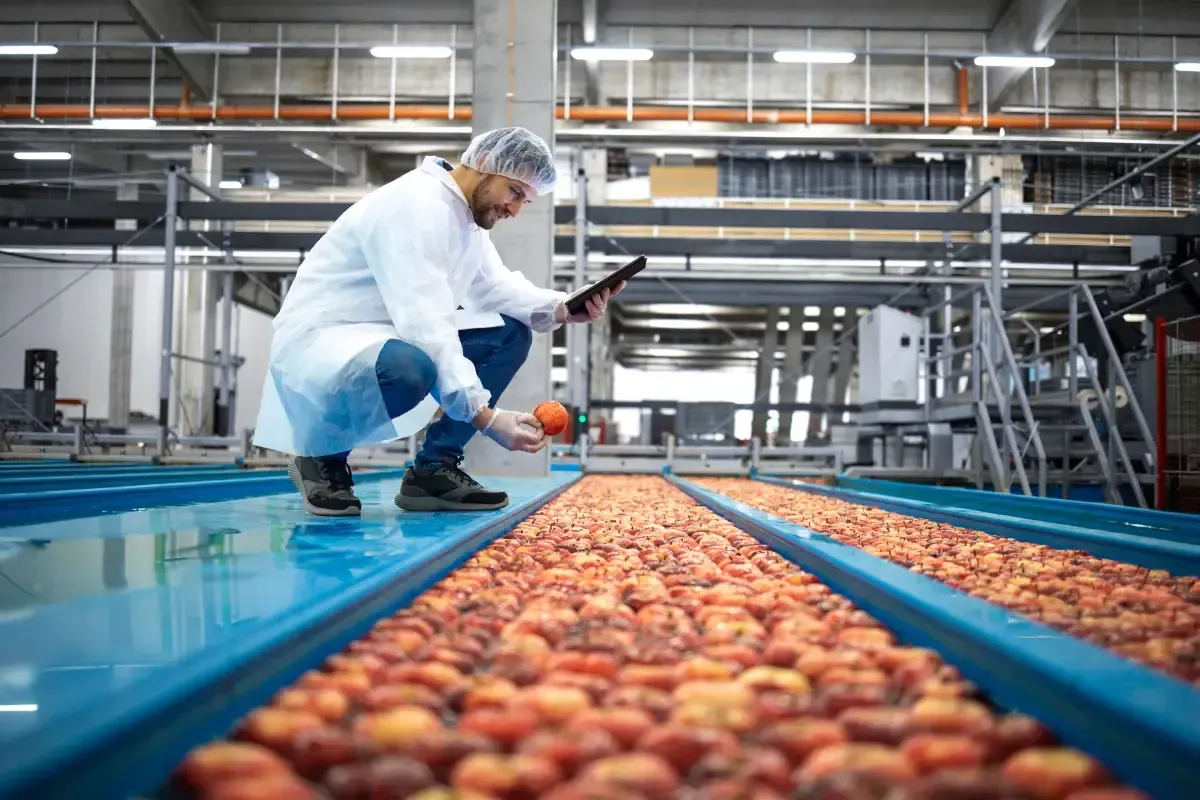
Quality, safety, and consistency are key in the food industry. Ensuring these factors is the hallmark of a top-tier, world-class producer. Given their importance, how can producers ensure they meet these standards day in and day out? The answer is simple: by following the current good manufacturing practices (GMP). Keep reading to learn all there is to know about these guidelines.
Good manufacturing practices 101
Let’s start with the basics. As mentioned, GMPs are guidelines and principles aimed at ensuring food safety and quality. This all-encompassing task covers all aspects of food production, from the way raw materials are handled, to how the finished product is shipped.
Hence, they dictate the way things should be done regarding numerous aspects of the entire food production process, such as plant sanitation, equipment maintenance, product labeling, and personnel hygiene. It even transcends the mere activities involving the making of food products, as it determines the correct, reliable way to document what goes on at food industry facilities (Paredes, 2025).
Ultimately, good manufacturing practices help prevent deeply troublesome issues in food production, like errors regarding allergens and pathogens, contamination, and cross-contamination, to name a few. Following these guidelines aids food industry businesses in caring for their customers and meeting their expectations. It also helps support a safe, steady food supply (Loucks, 2025; Paredes, 2025).
The evolution of good manufacturing practices
While there were concerns about food safety dating back to the early decades of the 20th century, formal regulations in the United States only started to appear nearing the 1940s. Globally, the concept of GMPs was introduced by the World Health Organization (WHO) in the 1960s to create international standards for food and pharmaceutical drugs production (Loucks, 2025).
Good manufacturing practices are constantly evolving to answer to the dynamics of food supply. Early on, they focused on essential sanitation and manufacturing issues. Today, they include risk management, documentation, and quality control measures across all stages of food production and distribution (Loucks, 2025).
Now, let’s look at the main pillars of good manufacturing practices.
Optimal facilities
This dimension of food production entails different practices in various aspects. Firstly, the location of the facility must be free from contamination and pollution. It also needs to be easily cleaned and maintained and designed for minimal risks regarding food production operations.
Next, a hygienic environment is crucial to prevent any contamination of food products. GMPs include routine surface, equipment, and utensil cleaning and disinfecting. They also call for solid pest control measures to keep rodents, insects, and birds out of the food production and storage areas (Paredes, 2025).
Materials and instruments
GMPs establish that raw materials need to meet specific safety and quality standards. They also must be stored, handled, and used in a way that avoids contamination of the final product.
Similarly, the equipment used to manufacture food should be appropriate for the task while also minimizing any potential errors. Additionally, any equipment surface that encounters food should be easy to clean. Moreover, adequately maintained equipment can minimize safety concerns and quality control issues (Paredes, 2025).
Good manufacturing practices involving personnel
Employees must maintain hygiene, especially food handlers. They also need to be trained in food safety and be knowledgeable about potential hazards in food production.
Moreover, food industry personnel must understand the crucial importance of consistently adhering to GMPs. They need to follow closely any detailed instructions for all processes without making changes or skipping steps.
Additionally, food manufacturing employees should demonstrate their competency for their specific position (Loucks, 2025; Paredes, 2025).
Comprehensive quality control
Good manufacturing practices call for quality management of all food items throughout production. This means putting in place sound, systematic quality control measures during the handling, processing, packaging, labeling, storage, and transportation stages for maximum results.
Furthermore, food manufacturers should validate their processes in order to regularly and steadily produce results meeting quality standards. Process validation entails scientific proof (Loucks, 2025; Paredes, 2025).
GMPs for the final stages of food production
These are the principal good manufacturing practices that manufacturers need to implement during the final stages of production (Loucks, 2025; Paredes, 2025):
- Adequate, accurate, and complete labeling of all food products. It includes product name, identity, and net weight or measure, as well as a list of ingredients and allergens. Misinformation in labeling poses health risks for consumers. Labeling should also state the name and address of the food producer or distributor.
- Suitable storage and transportation conditions of food products to ensure safety and quality. It involves appropriate temperature measures to prevent contamination, and protection against chemical, biological, and physical hazards.
Documentation and auditing
Proper documentation of all processes involved in food manufacturing helps ensure compliance with safety measures. This task includes detailed, written step-by-step instructions for all processes to achieve a consistent performance. Solid record-keeping also leads to ease of evaluation of said processes.
Moreover, undergoing government inspections and auditing from third parties helps to verify compliance and keep up with regulations (Paredes, 2025).
The impact of good manufacturing practices
There are many benefits to implementing GMP in the food industry. Of course, the main one is ensuring food safety. As they cover all stages of the food production process, these practices help make sure that the final product is safe for consumption and offers a long shelf life.
For example, GMPs that address the quality of raw materials such as seasonal fruits aid adequate, safe manufacturing of food items. Similarly, proper inventory management practices can help curb food waste.
Additionally, good manufacturing practices have the potential to improve efficiency in food production. Adhering to these guidelines can simplify operations, reduce errors, bring down costs, and even boost profitability (Paredes, 2025).
Avoiding recalls and reputational damage
GMPs can act as protection for businesses in the food industry from issues like contamination in products, recalls, and reputational damage among consumers and the public. When created and implemented correctly, these practices can prevent cross-contamination and the spread of pathogens, which in turn can lead to foodborne illnesses (Loucks, 2025; Paredes, 2025).
Tips for successfully implementing GMP
These are expert recommendations to carry out Good Manufacturing Practices in food production (Loucks, 2025):
- Review your existing processes to locate shortcomings and risks.
- Invest proportionally in the tools, training, and people you need to comply with GMPs.
- Create clear Standard Operating Procedures (SOPs).
- Document, evaluate, and audit your processes regularly.
- Make sure all stakeholders are committed to GMPs.
Without a doubt, adopting and adhering to GMPs is an investment in product quality. Furthermore, it can ultimately build competitivity for businesses in the food industry.
Alimentos SAS provides products with high-quality standards that meet safety, nutritional value, and natural origin expectations. We make our fruit pulps with superior raw materials, using the appropriate technology and infrastructure to ensure quality. We develop options tailored to our customers' needs: frozen fruit pulp and extended shelf life fruit pulp.
Referencias Bibliográficas
- Loucks, S. (2025). The Ultimate Guide to GMP in the Food Industry. Food Ready.
- Paredes, R. (2025). GMP in Food Industry: What You Need to Know. Safety Culture.

